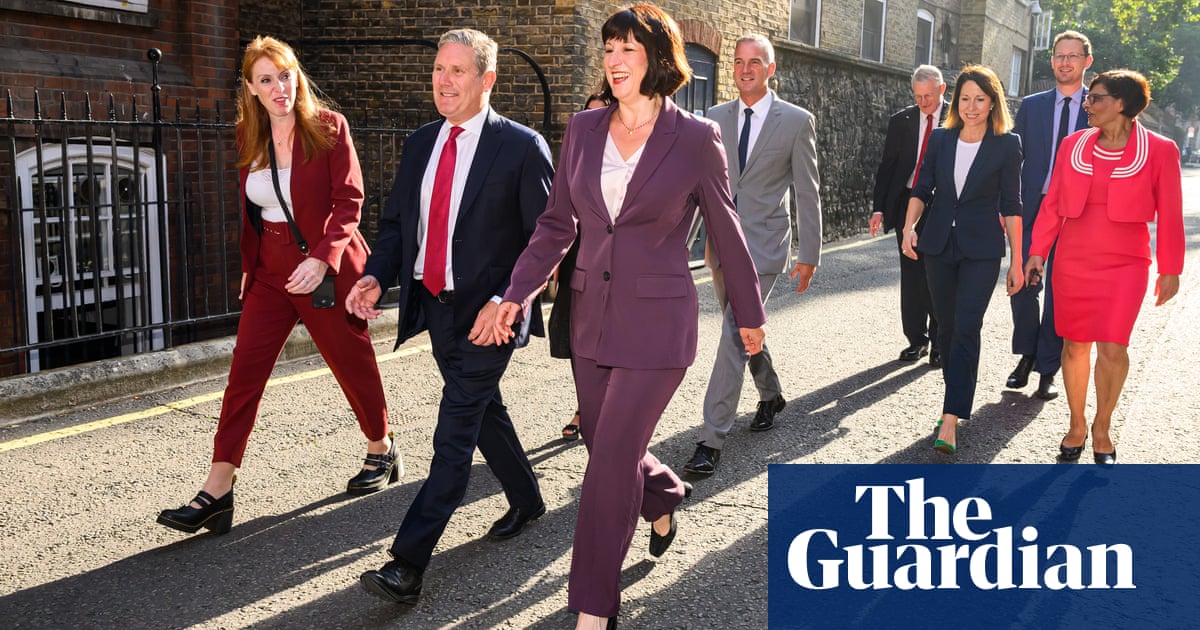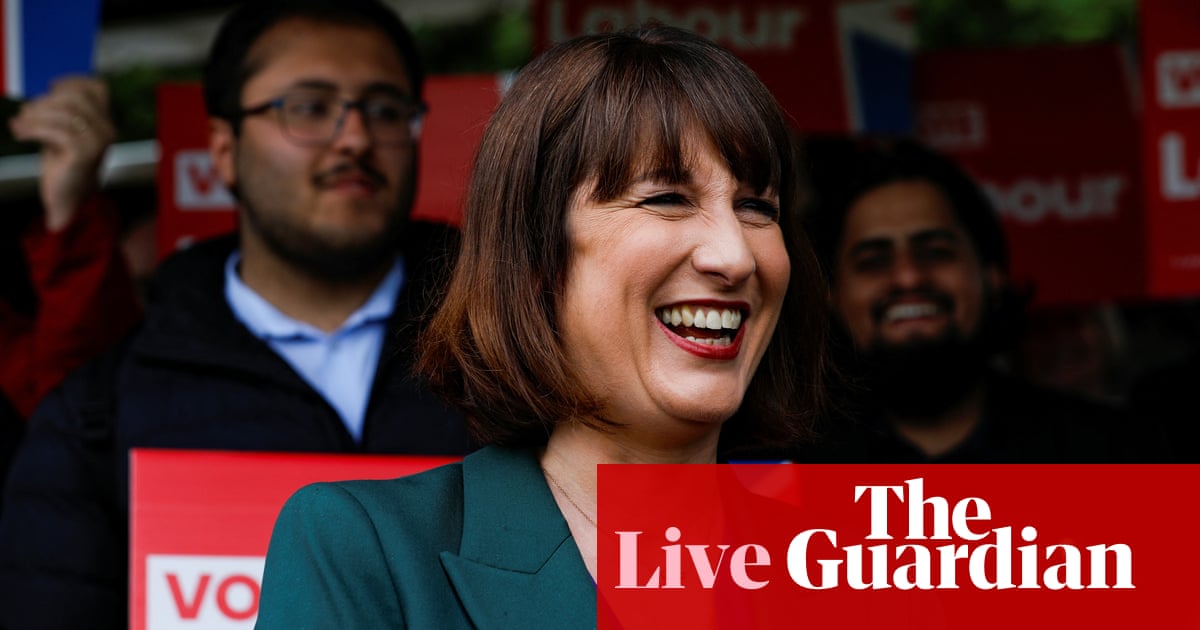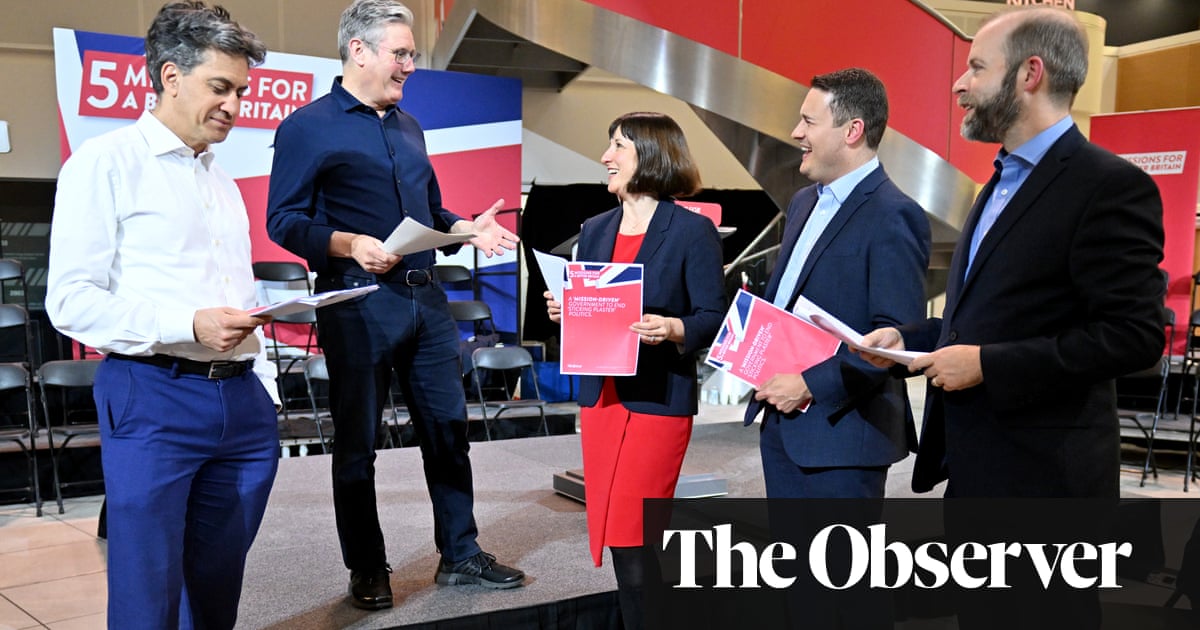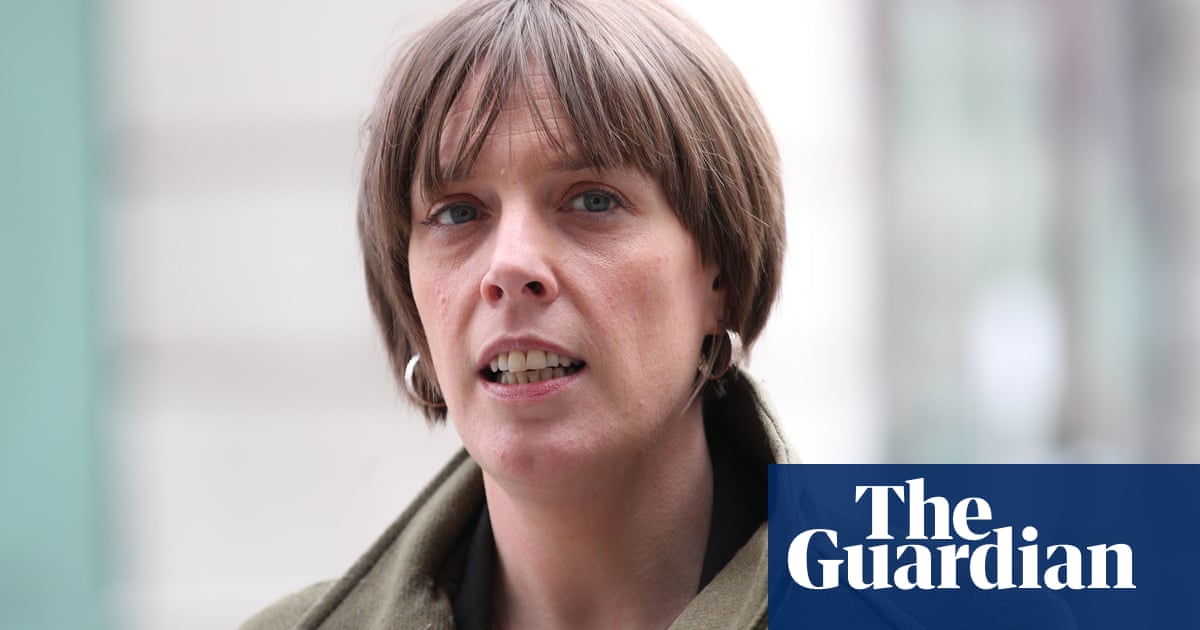
Labour has fewer members than it did under Jeremy Corbyn in part because it is willing to make compromises to prepare for government rather than being “a party of protest”, a senior shadow minister has argued.
Darren Jones, the shadow chief secretary to the Treasury, said that “membership numbers of parties go up and down all the time”, and it was not a cause for alarm.
At the end of 2019, the party’s membership was more than 532,000. In a report last week to the party’s national executive committee, David Evans, Labour’s general secretary, said it was currently just above 366,600.
There had been a drop of 23,000 in the previous two months, despite Labour leading the Conservatives in polls by 20 percentage points or more, with the numbers potentially depressed by concern over the party’s policy on Gaza and the watering down of its £28bn-a-year green investment pledge.
Asked about the membership figures, Jones told ITV’s Good Morning Britain: “There was also a huge surge in membership of the Labour party under Jeremy Corbyn and many Jeremy Corbyn supporters preferred a party of protest as opposed to a party who have had to make difficult decisions around the trade-offs in its preparation for government in the hope that we get to run this country.
“We’ve still got plenty of Labour party members across the country, I think more than any other party.”
Since the Hamas attacks on Israel on 7 October, Labour’s refusal over many weeks to call for a ceasefire led to the resignation of at least 70 Labour councillors. It also triggered a loss of control in four councils: Oxford, Burnley, Hastings and Norwich.
At the same time, the party leader, Sir Keir Starmer, faced rebellions by many of his own MPs, as well as frontbench resignations.
Despite a massive Survation poll earlier this week suggesting Labour could win a majority of 268, with the Conservatives reduced to fewer than 100 seats, Jones told the programme that the party was far from complacent, not least because of the scale of its defeat in 2019.
He said: “We do have work to do to win the trust, respect and motivations across the country, not least because we performed so badly under Jeremy Corbyn in 2019, but the scale of the challenge is historic in size, and huge operationally for us to achieve.”
Guardian Newsroom: What is Labour’s plan?
On Tuesday 16 April, 8pm–9.15pm BST, join Gaby Hinsliff, Tom Baldwin, Polly Toynbee and Kiran Stacey as they discuss the ideas and the events that might shape Labour in power. Book tickets here or at theguardian.live












